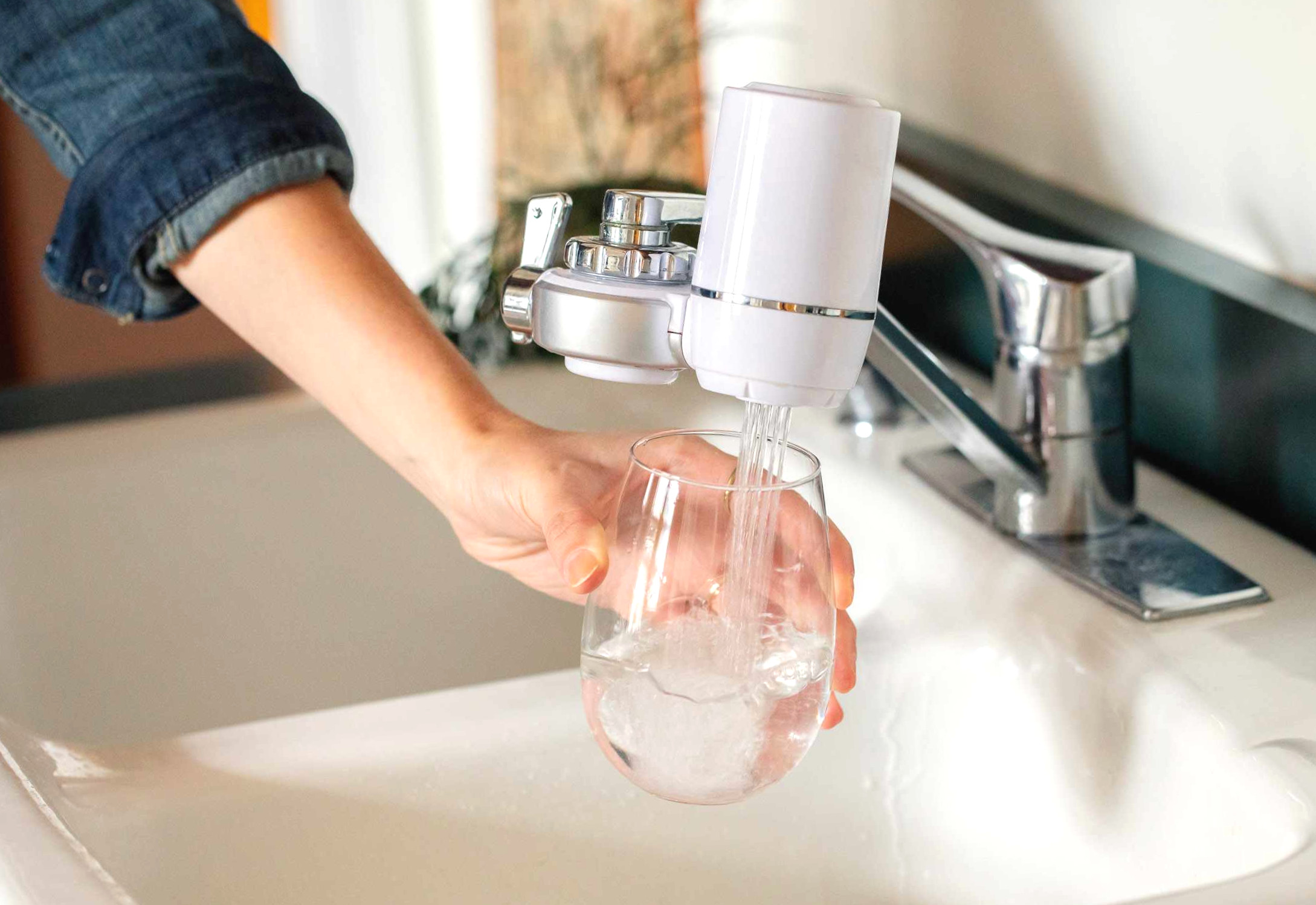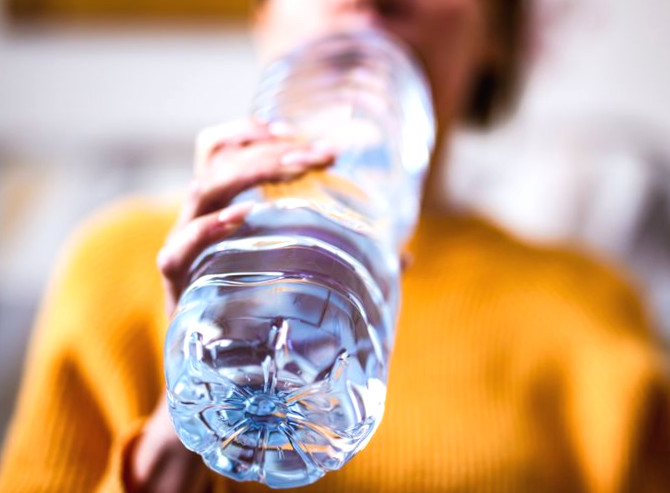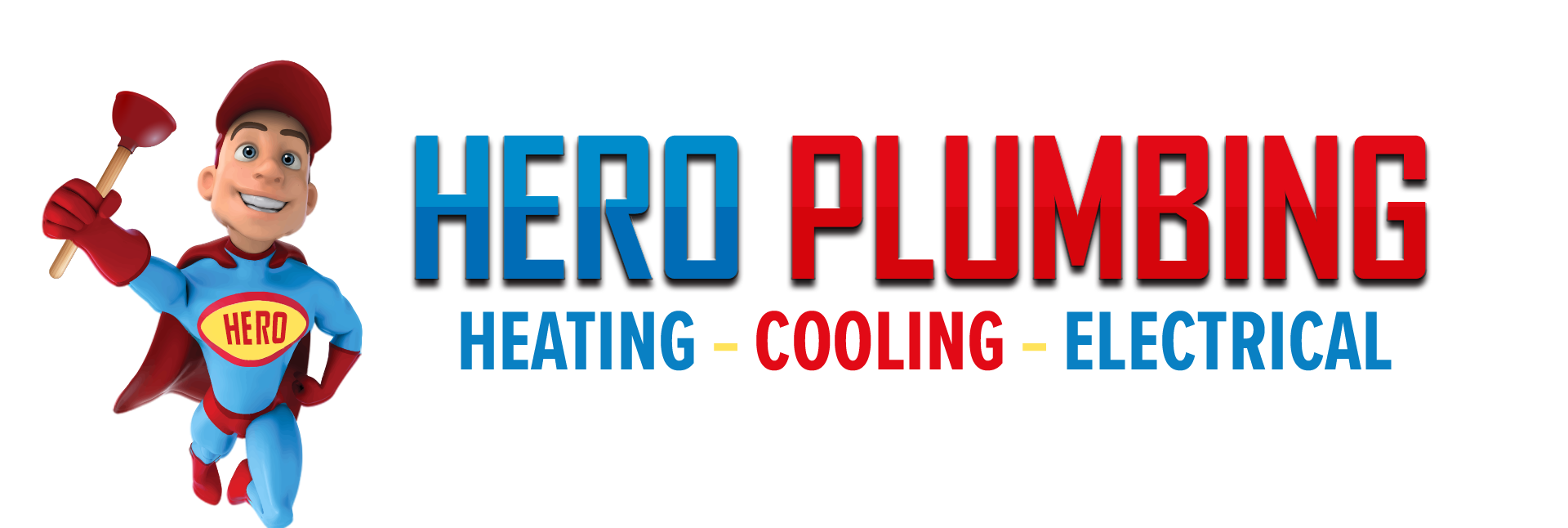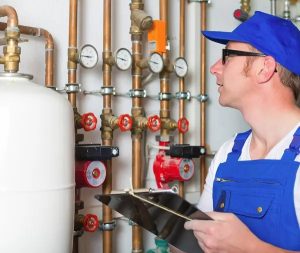Table Of Contents
Water Quality In Sydney Australia
When we think about Sydney’s tap water, we probably don’t consider it to be “home water.” But is Sydney’s tap water safe to drink? Can you trust what you’re drinking from your kitchen tap every day? Sydney has many different drinking water sources, including rivers, dams, and lakes; groundwater; rainwater; wells; springs; and boreholes.
The quality of each source depends on its location and geological makeup, as well as the treatment process implemented by the plant operator to ensure safe drinking water is provided to customers.
Dams provide more than enough water supply to meet Sydney’s needs, while the boreholes are used to supplement this supply during dry periods. The average life of a dam is 50-70 years, while that of a borehole is 10-15 years. You might be wondering what the sources of water in Sydney are. Let us find out below.
Sources Of Drinking Water In Sydney
The water in Sydney is safe to drink. The city’s water supply is made up of three primary sources:
Groundwater
Sydney’s drinking water comes from the ground via pipes underground. Most of Sydney’s groundwater is sourced from the Great Artesian Basin, an enormous aquifer stretching across southeast Queensland, northern New South Wales, and parts of South Australia.
Surface water
Water pumped out of boreholes and wells by Sydney Water’s network of more than 8,000km of pipes provides an average daily supply of about 2.5 billion litres per day. This includes groundwater and rainwater that falls on rooftops or other surfaces before it flows into our pipes.
The sea
The final source of Sydney’s drinking water is seawater from a desalination plant at Port Kembla. This plant has been operational for the last 50 years and supplies water to about 1 million people living in the western suburbs. The water from these sources has to undergo a treatment process so that it is fit for use in the home or business.
How Drinking Water Is Treated In Sydney
The treatment process for Sydney’s drinking water starts at its source. The water passes through various filters to ensure that it meets internationally recognised drinking water standards. The water treatment process is designed to remove anything in the water that may cause illness or discomfort, including harmful bacteria and viruses.
The initial stage of the water treatment process is disinfection with ultraviolet light – an effective method for killing harmful organisms in the water. This is followed by chlorination, which uses chlorine gas (the gas smells like freshly-cut grass) to kill harmful microorganisms that escape ultraviolet light.
Chlorine also kills germs on surfaces exposed to the water, such as taps and fixtures. The treatment process then uses filtration technology to remove any remaining debris or particles with a diameter greater than 0.2 mm from the water before it reaches your tap. This ensures you receive only clean and fresh drinking water every time you turn on your tap. So how do you disinfect tap water?
Disinfecting Tap Water
Sydney’s tap water is as safe as that of any other city in Australia. The water is monitored regularly and maintained in good condition at all times. The two ways of disinfecting tap water are filtration and chlorination.

Filtration
Sydney Water uses several filtration methods to purify the water from our largest water source, Warragamba Dam. The water from your tap goes through a complex network of pipes and filters. The primary purpose of this network is to ensure that you get clean drinking water, but it also helps prevent contaminants from entering the supply system.
The first filtration stage occurs when water enters the consumer supply system through pipes and storage tanks. It goes through various filters before being pumped into your home or business. The final filter is the most critical part of this process. Its job is to remove any remaining dirt, bacteria, or chemical substances that were not eliminated in the previous stages.
The second filtration stage occurs after the water has entered your home or business. This stage is known as reverse osmosis or distillation and involves passing water through a series of filters at temperatures ranging between 100°C and 400°C (212°F – 752°F). These filters remove all remaining impurities, including bacteria and chemicals that may have been present in the water during previous stages of filtration.
Chlorination
Chlorine is used as a disinfectant and also as a chemical treatment for some types of disease-causing organisms. It kills bacteria, viruses, parasites, algae, and other microorganisms by destroying their cell walls. The amount of chlorine added depends on factors such as temperature and pH levels of the water.
Do you have an abundance of chlorine in your tap water? Chlorine taste and smell are vital indicators of its quantity in drinking water. Tap water is treated at chlorination stations across Sydney. The process of chlorination is a common way to remove harmful chemicals from water supplies. It’s also an excellent way to disinfect water and make it taste better.
But there are several problems with chlorination that make it an imperfect solution for disinfecting drinking water. For example, it turns harmless chemicals into dangerous ones, including trihalomethanes (THMs). These chemicals are formed when chlorine reacts with organic matter in water — such as toilet paper and organic matter in sewage pipes — and can cause cancer in humans and other animals if consumed over long periods.
Australian Drinking Water Guidelines recommend people not to drink water containing THMs above 0.01 milligrams per litre (mg/l). But, residents of Sydney may be exposed to much higher levels because their water comes from an underground pipe network rather than a surface water supply like most other cities worldwide.
Does Chlorine Alter Tap Water Taste And Smell?
Most people are happy with the quality of Sydney’s tap water. It’s fresh, clean, and safe to drink, but if you want to remove the chlorine taste or smell, find ways to make it bubbly, or learn about its health benefits, we’ve provided some answers below. It’s not just about the taste of your water – lead pipes and old galvanized pipes could cause health problems.
You probably already know that the taste and smell of chlorine in your tap water are an indication that it has been treated with chemicals. This is because chlorine is added to our water to kill bacteria and other germs.
The issue with chlorine is that it kills all things, including some good stuff. It also smells and alters the taste of your water, which can be off-putting for individuals who are susceptible to smells or just don’t like the taste or smell of chlorine. So, what can you do about this? There’s no set solution, but there are some things you can try:

Buy bottled water
Many stores sell bottled water at various prices, so it might not cost much more than buying bottles from your local supermarket. Bottled water doesn’t have any added chemicals, so there’s no chance of it tasting or smelling like chlorine in the bottle.
Get a filter for your tap water
Filters can eliminate chlorine and other chemicals from tap water before it reaches your home or business.
Australian Drinking Water Guidelines In Sydney
Australia’s Drinking Water Guidelines provide recommendations for the quality of drinking water supplied to Australian households. The guidelines are based on a range of factors. They include the quality of the source water and its treatment, the level of chemicals or other substances in tap water, and the contaminants that may be present.
The Water Quality Testing Program (WQTP) monitors and tests Sydney’s water supply. This is done to ensure that Sydney’s tap water is safe and meets the Australian Drinking Water Guidelines (ADWG).
Experts developed the ADWG and its associated drinking and wastewater treatment protocols. They are based on international guidelines, standards, and scientific research. The ADWG was developed after extensive consultation with industry bodies and other stakeholders, including health professionals and community groups.
Contact Professionals For Water Quality Concerns
Is Sydney tap water safe to drink? The short answer is yes. Sydney’s tap water is safe to drink. Sydney Water supplies some of the best quality water in the world, with a very high level of fluoride. The NSW Health website says that Sydney’s drinking water meets all Australian standards for quality and purity.
The majority of the population in Sydney drinks treated water that is tested regularly to ensure it meets all health and safety requirements. The only exception is people with a compromised immune system because they have certain medical conditions or are taking certain medications.
However, there are some cases where you should be concerned about tap water quality. If tap water tastes bad, has an unusual colour, or if visible particles are floating in it, you should use alternative sources for drinking and cooking until the problem is resolved. If you are particularly concerned about the quality of your Sydney tap water, you should contact your local council, plumber, or water utility company directly.











